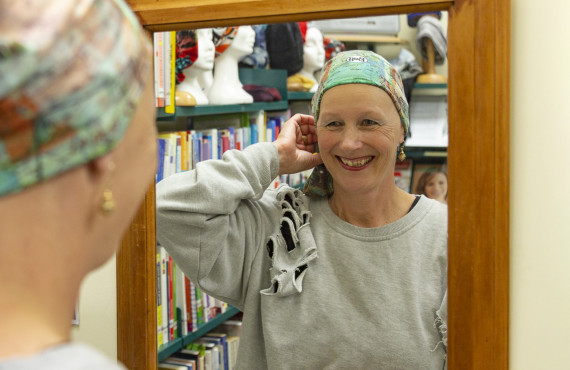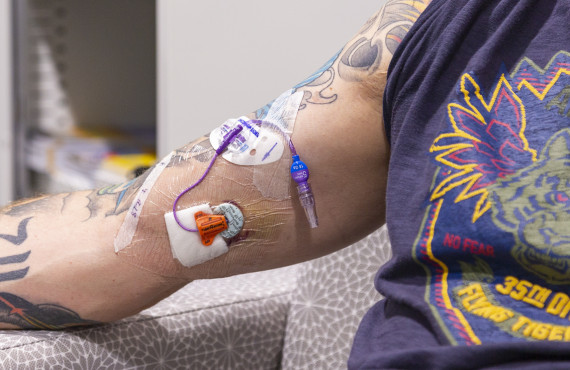The treatment offered will depend on the type and stage of cervical cancer, as well as your general health.
How is cervical cancer treated?
Treatment for cervical cancer may include:
- surgery
- radiation treatment
- chemotherapy
Some treatments for cervical cancer can make you unable to get pregnant (infertility).
Before any treatment begins, make sure that you have discussed and understood your treatment team's advice. You may ask for a second opinion if you want one.
Surgery for cervical cancer
The kind of surgery you have depends on the stage of the cancer.
Surgeries for cervical cancer include:
- cone biopsy
- trachelectomy – removal of the cervix leaving the uterus behind
- total hysterectomy – removing the cervix and uterus
- radical hysterectomy – removing the cervix, uterus and about 2cm of upper vagina and tissues around the cervix
When you have either type of hysterectomy, you will also have a:
- pelvic lymphadenectomy – removing lymph nodes in the pelvis
- bilateral salpingo-oophorectomy – removing the ovaries and fallopian tubes
Radiation treatment for cervical cancer
Radiation treatment uses x-ray beams to kill cancer cells. Treatment is carefully planned to do as little harm to normal cells.
It is usually used for cancer that has spread beyond the cervix.
Radiation treatment can be given from outside the body or inside the body.
Chemotherapy for cervical cancer
Chemotherapy uses anti-cancer drugs to destroy all cancer cells while doing the least possible damage to normal cells.
Chemotherapy is usually given with radiation treatment.
For advanced or late-stage cervical cancer, chemotherapy may be the only form of treatment you receive.
Side effects of cervical cancer treatment
It may take some time to recover from cervical cancer treatment.
The side effects may include:
- tiredness
- premature menopause
- bladder problems
- bowel problems
- lymphoedema
Palliative care
Palliative care aims to improve your quality of life. It is not just about end of life care.
Palliative care will help:
- you to enjoy the best quality of life you can for as long as possible
- make sure that your physical, practical, emotional and spiritual needs are looked after as well as possible
- manage symptoms of your cancer
- manage side effects of treatment
- help you to feel in control of your situation
- make your time as positive as it can be for you and your family/whānau
Speak with your treatment team about palliative care options for you and your family/whānau.
Life after cancer treatment
After you finish treatment for cancer, give yourself time to adjust to the physical and emotional changes. We are still here to support you after your treatment finishes.
You will need regular check-ups with your treatment team. These may include some blood tests or physical examinations. Speak with your treatment team about the plan for you.

How to manage the symptoms of cancer and the side effects of treatment.

How your sex life is affected will depend on what treatment your having and what parts of your body …

Help with making tough decisions about what treatment you will have.

It's common for people to feel excited and anxious when treatment finishes.
We know that going through cancer is tough and can raise many questions. You are not alone.
We have health professionals to answer your questions and provide the support you need.
Get in touch
